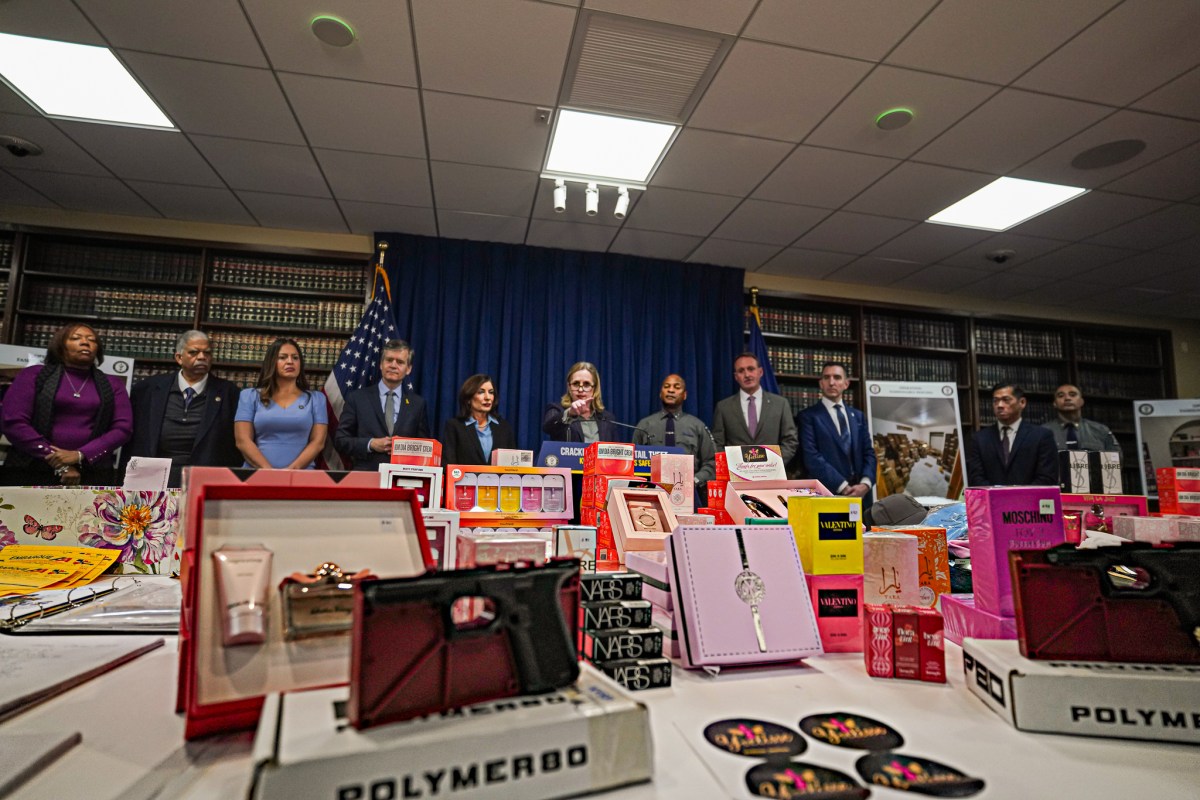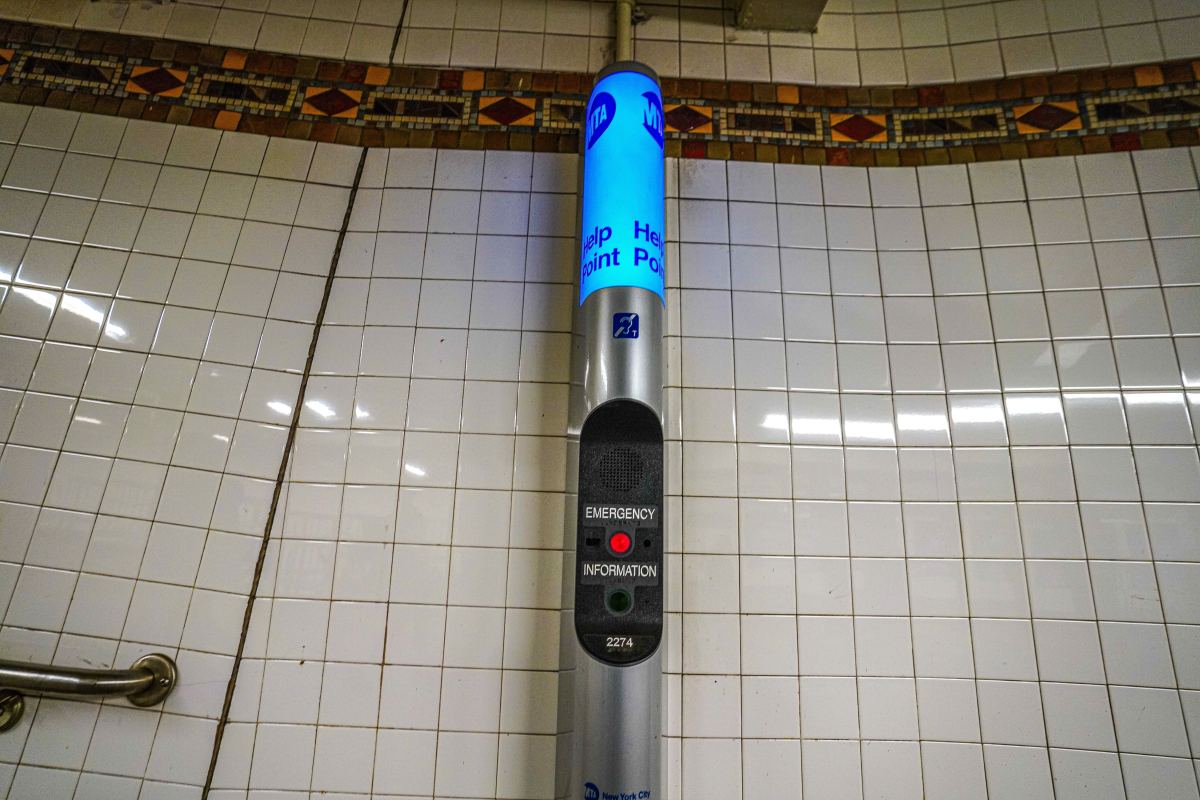BRUSSELS/LONDON (Reuters) -Europe and Britain launched formal antitrust investigations into Facebook on Friday to determine if the world’s largest social network was using customer data to unfairly compete with advertisers, in a new assault on its business model.
The separate moves open new fronts in Europe against the tech giant, whose platforms are used regularly by almost 3 billion people and which is accused of using its vast trove of ad data to better compete with companies from which it also collects data.
The European Commission will assess whether Facebook violated EU competition law to unfairly compete in its Marketplace classified business, while the British regulator will also look at whether it is using the same tactic in its dating offering.
“In today’s digital economy, data should not be used in ways that distort competition,” European Competition Commissioner Margrethe Vestager said.
Vestager has already slapped more than 8 billion euros ($9.7 billion) in fines on Alphabet unit Google and is also investigating Amazon and Apple. The UK regulator is also examining Google and Apple.
Launched in 2016, Facebook’s Marketplace is used in 70 countries to buy and sell items and has been under EU scrutiny since 2019.
“We will look in detail at whether this data gives Facebook an undue competitive advantage in particular on the online classified ads sector, where people buy and sell goods every day, and where Facebook also competes with companies from which it collects data,” Vestager said.
Online commerce has become ever more important during the COVID-19 pandemic and Facebook boss Mark Zuckerberg said in April that more than 1 billion people were visiting the Marketplace buying and selling service a month.
The EU probe confirmed what a person familiar with the situation had told Reuters on May 26. Facebook said the investigations were without merit.
SEPARATE BUT COOPERATING
The EU executive will also investigate whether Facebook ties Marketplace to its social network, giving it an advantage in reaching customers and threatening rival online classified ad services through its scale.
The UK investigation is broader, looking at how Facebook collects data from advertisers and the single sign-on that gives access to other websites with a Facebook login, and how that can benefit both Marketplace and the Facebook Dating business.
The investigations are separate but will cooperate.
“We intend to thoroughly investigate Facebook’s use of data to assess whether its business practices are giving it an unfair advantage in the online dating and classified ad sectors,” the UK Competition and Markets Authority (CMA) Chief Executive Andrea Coscelli said in a statement.
“Any such advantage can make it harder for competing firms to succeed, including new and smaller businesses, and may reduce customer choice,” Coscelli said.
Governments around the world are looking at strengthening the regulation of tech firms that have become more powerful during the COVID-19 pandemic. G7 finance ministers are examining new tax laws to target multinationals.
Britain’s competition regulator is launching a Digital Markets Unit to better regulate tech giants, with a legally binding code that is backed up by the threat of fines of up to 10% of turnover.
Facebook said it would cooperate fully with both the EU and UK investigations “to demonstrate that they are without merit”.
“Marketplace and dating offer people more choices, both products operate in highly competitive environment with many large incumbents,” the company said in a statement.
The two investigations announced on Friday are just the latest regulatory challenge facing the Californian group.
On Thursday it bowed to French pressure, offering to provide its partners with clear and objective conditions of access to advertising inventories and ad campaign data following a complaint three years ago.
The German cartel office issued an order in February 2019 to curb Facebook’s collection of data from users, triggering a prolonged court battle that continues.
($1 = 0.8255 euros)
(Editing by David Holmes)

























